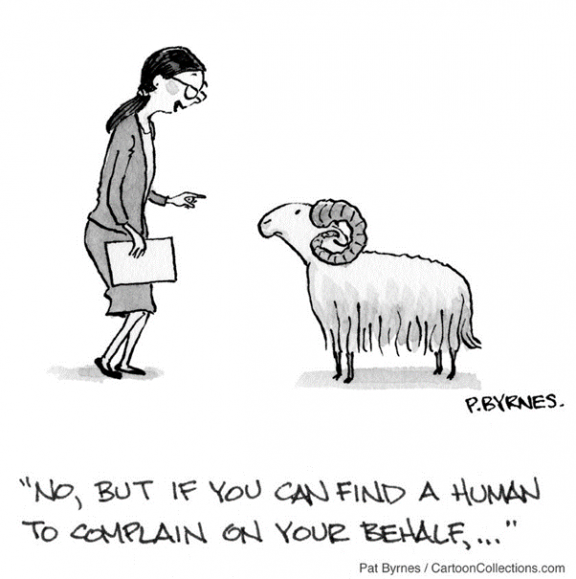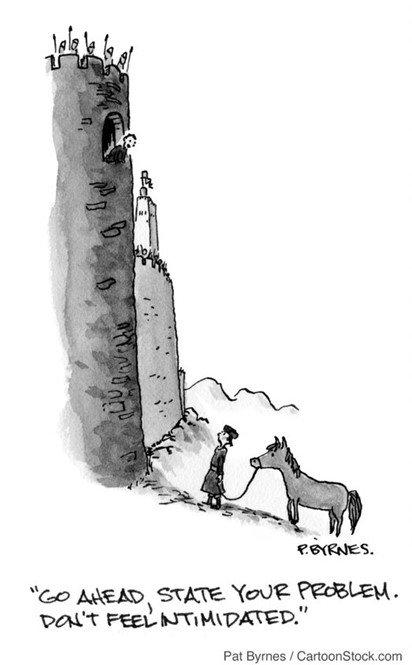Challenges and opportunities for Independent Accountability Mechanisms amidst the pandemic
"While it is possible to hold virtual meetings online using Zoom or Webex or MS Teams software, it is hard to build trust with participants and keep them engaged”. This was a comment made at a recent gathering of professionals from accountability and grievance redress mechanisms of International Financial Institutions (IFIs). In these unprecedented times, it is challenging to organize international conferences where stakeholders can meet in person. With many events now taking place online, the Independent Accountability Mechanisms Network’s (IAMnet) 17th annual meeting was no exception. This meeting presented an opportunity for finding ways of sharing lessons learned, new developments and methods for conducting online outreach events.
Independent Accountability Mechanisms (IAMs) of IFIs are responsible for the accountability of their parent institutions. They support communities adversely impacted by projects by helping to provide redress. The Independent Redress Mechanism (IRM) of the Green Climate Fund (GCF) is a member of the IAMnet, an international network of accountability mechanisms. In IAMnet, practitioners exchange ideas, share lessons learned and assist with institutional capacity building in accountability, dispute resolution and compliance. The 17th IAMnet annual meeting took place virtually on 23 and 24 September 2020, hosted by the Independent Consultation and Investigation Mechanism (MICI) of the Inter-American Development Bank and the Compliance Advisor Ombudsman (CAO) of the International Finance Corporation.
Civil Society Organizations (CSOs) are fundamental stakeholders in IAMs. For this reason, the event was preceded by a CSOs roundtable, moderated by Christine Reddell, the Registrar and Case Officer at the IRM. The session was split into four breakout groups, where feedback from CSOs around the operationalization of IAMs was shared. Discussions in the breakout groups revolved around (a) eligibility barriers to complaints, (b) public goods complaints, and (c) the role of third parties - financial intermediaries and supply chains. The IRM suggested that in the future more CSOs and voices from the South be included in these roundtables.

The IAMnet conference that followed was divided into four sessions. The first highlighted issues on IAMs review processes and explored the “life cycle” of a review including initiation, conduct, and implementation. Several IAMs have recently undergone reviews. In one session, the focus of the discussion was on the recent external review of the CAO. The second session was focused on administrative issues concerning the network, such as annual outcomes of IAMs working groups.
The third session explored the challenges Covid-19 is posing to the work of IAMs, specifically in relation to outreach events, case handling, and capacity building. Capacity building refers to a specific mandate of the IRM, which is to build the capacity of the GCF’s national and regional accredited entities to handle grievances. Establishing direct contacts with relevant stakeholders is key to building trust and credibility, and virtual settings during Covid-19 largely undermines this process. However, Covid-19 also showed some positive impacts for the work of IAMs.
As Paco Gimenez-Salinas, Compliance and Dispute Resolution Specialist at the IRM, discussed in this section, the experience of the IRM in the organization of online events highlighted that Covid-19 brought both opportunities and challenges to the IRM. Positive aspects include the significant decrease in the IRM’s carbon footprint and the expanded participation opportunities for stakeholders.
However, especially in terms of outreach events and problem-solving, the pandemic is likely to affect the activity of the IRM negatively. Remote engagement with stakeholders limits the opportunities of building trust. To overcome such issues, the IRM found that the use of new technologies can be of great help, for example through the use of interactive tools such as the IRM’s online learning modules for its capacity-building efforts. Another innovative tool adopted by the IRM to increase engagement in virtual meetings, particularly outreach events, is the use of cartoons. Cartoons are drawn from scratch by professional artists during IRM events, who translate responses elicited from the stakeholders into images in a humorous way.

Finally, session four, chaired by the Head of the Independent Redress Mechanism, Dr Lalanath de Silva, explored the issue of how to ensure effective remedies. In other words, if IAMs find that complainants are entitled to compensation, who pays for the remedy, the IFI or the borrower? The IRM is proposing some solutions to this dilemma. First, at the IRM, barriers to accessing remedies are reduced: complaints can be submitted in any language and in different formats, including video recordings, voice notes or letters with no procedural costs. However, the provision of compensation is a challenging form of remedy. This is because although IAMs investigate non-compliance, it is the borrower who, at the end of the day, is generally required to provide the resources for compensation. A possible solution could be to establish a compensation fund at the institution level. Another way of enabling remedies is to adopt the wisdom of the business world of using insurance, performance bonds, guarantees and ring-fenced funds to mitigate and protect against risks of harm. The third area for improvement deals with the effectiveness of IAMs. IAMs should be empowered to provide binding decisions following compliance reviews, with the authority to ensure that remedial actions are implemented.
The 2020 virtual IAMnet meeting has proved to be an excellent arena where IAMs have discussed and shared best practices, learnt from each other and found ways to move forward during these unprecedented times with the Covid-19 pandemic and its impacts and challenges.